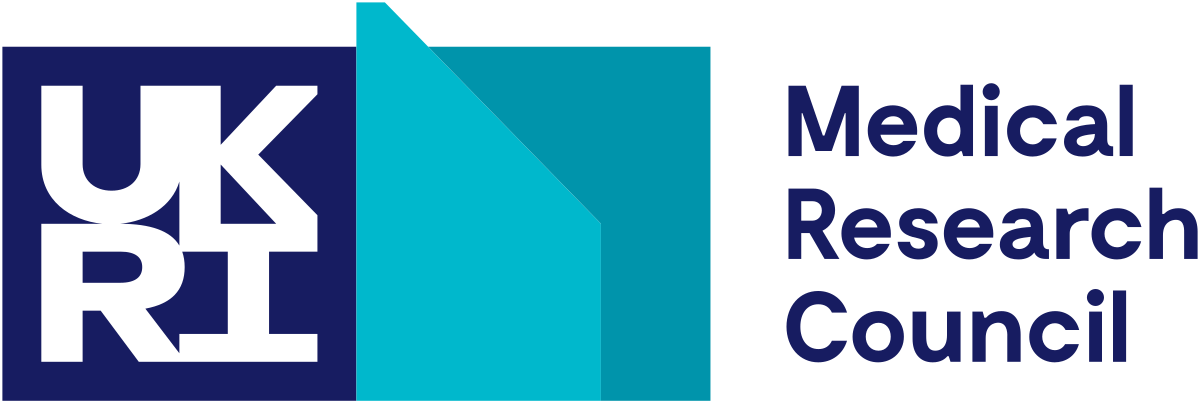
LONGEVITY Project
LONGEVITY is an exciting and ambitious project. Specifically, CELT researchers are working with colleagues across the globe to develop interventions for malaria chemoprophylaxis, tuberculosis prevention and treatment of hepatitis C virus. Co-funding to establish CELT was also provided through this award.

Target exposures of rifapentine for long-acting formulations
Our part in this research is now complete. Supporting a collaboration between CELT and Johns Hopkins University, this work served to better understand the compatibility of tuberculosis treatments with long-acting drug delivery.

An Injectable Implant Providing Long-Acting Drug Delivery for the Treatment of Chronic disease
Our part in this research is now complete. The drug delivery system is composed of responsive polymer nanoparticles and drug nanoparticles that form a nanocomposite, entrapping a reservoir of drug upon injection into the body. After the drug has been released the materials degrade into non-toxic components and leave the body.

Pharmacological Strategies to use the Levonorgestrel Implant in HIV-infected Women
Our part in this research is now complete. The work aimed to determine the impact of pharmacogenetics and drug-drug interactions on the pharmacokinetics of contraceptives delivered via subcutaneous implants.

Harnessing potent next-generation diarylquinolines (DARQs) for long-acting injectable formulations to prevent and treat tuberculosis (TB)
Supporting a collaboration between CELT and Johns Hopkins University to develop long-acting injectable (LAI) formulations of next-generation diarylquinolines (DARQs) with and without possible companion agents for tuberculosis (TB) preventive therapy (TPT) and for use during the continuation phase of active TB treatment.

Repurposing approved drugs as potent antiviral combinations to treat COVID-19 disease
Supporting a collaboration between Queens University Belfast, University of Oxford and CELT investigators, this project aims to validate a drug screening pipeline platform for robust and rapid progression of drug combinations against Sars-CoV-2 through the preclinical pipeline.







